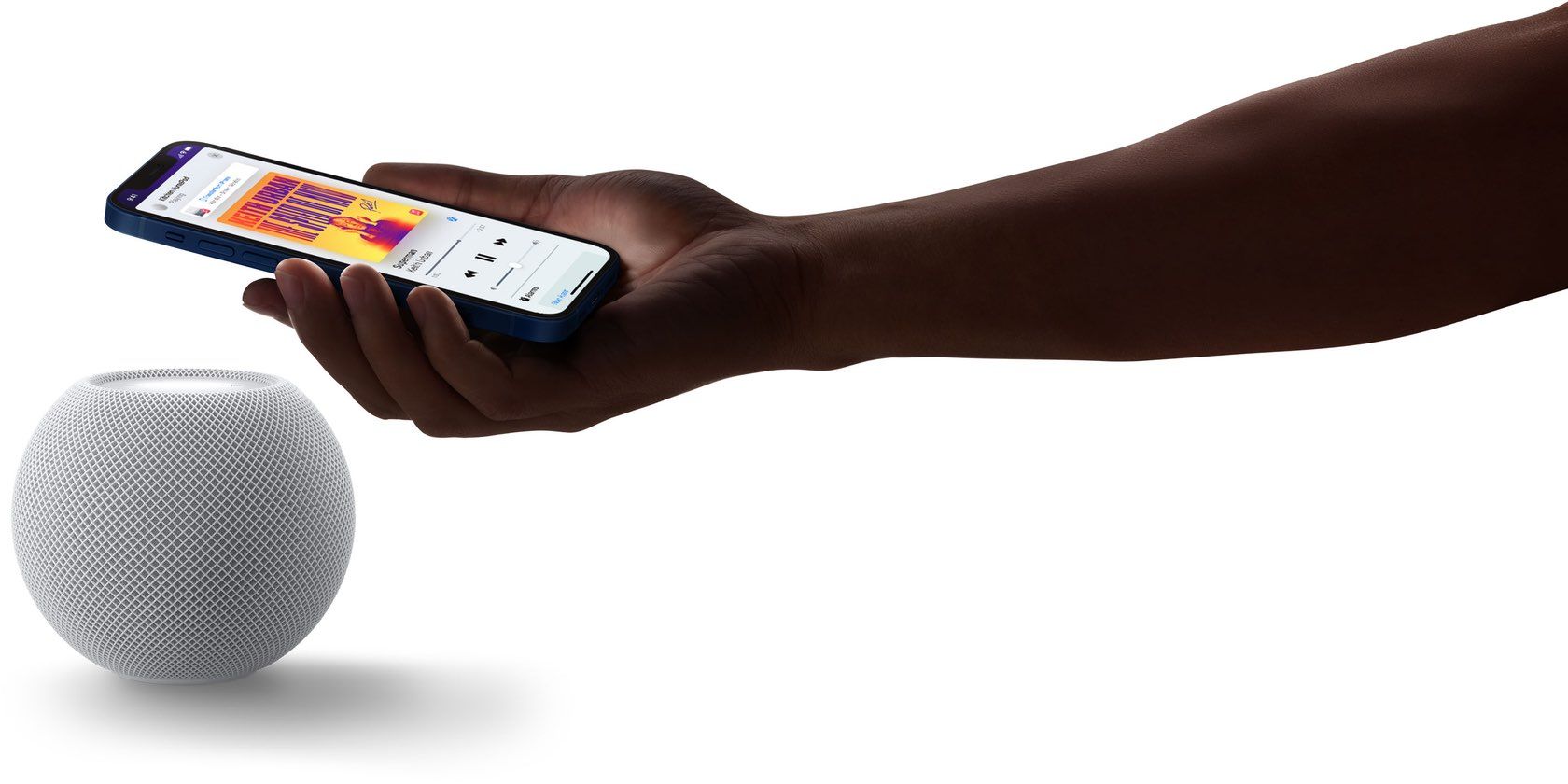Apple's smart home division may be getting a much-needed boost. The tech giant is reportedly working on two interesting smart home devices that you probably didn't see coming—a combined TV box and speaker with a camera as well as a high-end speaker with a touch screen.
If launched, these would be ambitious moves from Apple’s smart home hardware offerings, considering the tech giant has lagged behind rivals Google and Amazon in maintaining its smart home lines.
An Apple TV Box With a HomePod Speaker
Apple may be combining its TV box and HomePod speaker to form a new device. The company is working on a product that would combine an Apple TV set-top box with a HomePod speaker and include a camera for video conferencing through a connected TV and other smart home functions.
Apple has been rumored to have plans for a HomePod combined with an Apple TV for some time now. The rumor has been spurred on by Bloomberg's Mark Gurman, who said that the product is in the "early development" stage of planning in April.
Apple discontinued its original high-end HomePod in March due to disappointing sales, leaving many wondering if the company was working on something better.
Apple currently offers the HomePod mini, which has been much more popular thanks to its lower price. A new second-generation Apple TV 4K was released in May.
The tech giant combined its HomePod and Apple TV engineering groups in 2020 and unified the underlying software that runs on both devices, which may have served as a hint that it may eventually integrate the hardware lines.
The combined device’s other capabilities would include standard Apple TV box functions like watching video and gaming, as well as what you'd expect to do with a normal smart speaker, such as playing music, and of course, using Siri.
A High-End Speaker With a Touch Screen
Apple may also launch a high-end speaker with a touch screen to compete with the likes of Google Nest and Amazon Echo smart speakers. The device would combine an iPad with a HomePod speaker, and include a camera for video chat.
Apple has previously explored connecting the iPad to the speaker with a robotic arm that would move to follow a user around a room, much like Amazon’s Echo Show 10. With Apple competitors Google and Amazon offering smart speakers with built-in displays, it's no surprise that Apple would want to catch up.
As both of these smart home devices are reportedly in the early stages of development, nothing is cast in stone—Apple may decide against launching them or change some of their features at any point in time.
Apple Trails Behind Competitors in the Smart Home Market
Apple hasn't been a consistent player in the smart home space, and has lagged behind industry leaders Google and Amazon.
Amazon currently dominates the smart home market. Omdia found that the company leads with a base of 141 million smart speaker installations using its Alexa voice assistant, compared to 75 million smart speakers based on Google Assistant, and just 10 million based on Apple’s Siri at the end of 2020.
Research by Strategy Analytics also revealed that Apple held a 2-percent share of the TV streaming device market in 2020.
Considering these figures, it wouldn't be a stretch, to assume that Apple is developing these devices to revive its smart home offerings and to ultimately compete with Google and Amazon.
Is Apple Making a Bigger Move Into the Smart Home Space?
Apple's HomeKit protocol currently supports fewer smart home devices than rival systems from Amazon and Google. While the launch of new Apple devices alone won’t change that, it could motivate Apple consumers to invest in the larger Apple smart home ecosystem.
As for whether Apple will be able to successfully compete against Amazon and Google and gain a significant share in the smart home market, that may take time as the company works to perfect its new offerings (if released) over the coming years.



